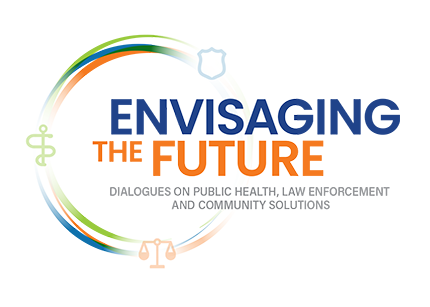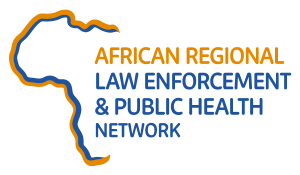
Dr Jacqueline Sebire is the Assistant Chief Constable for Joint Protective Services for Bedfordshire, Hertfordshire and Cambridgeshire. She oversees specialist operations, major crime and forensic services across the three counties and since 2018 she has been the National Police Chief’s Council lead for Serious Violence. Here, she discusses the public health approach to policing and gang violence.
One positive that has resulted from the pandemic is how many more webinars and conferences are available to attend now that they have gone online. So, it was with great pleasure and a little trepidation that I hosted the first ‘4 nation policing and public health approaches to…’ webinar. Over 450 people logged in on a Wednesday afternoon to hear about public health approaches to gangs, which just goes to show how much interest there is in this topic. This themed webinar was devoted to gangs and each nation had 20 minutes to share some of the learnings and challenges around how a public health approach can be used to tackle the pervasive impact of gangs on the health and wellbeing of the nation.
During the 2-hour session, we heard insightful and compassionate presentations. It was clear to me there was a deep understanding of the complexity of the issue of gangs. The webinar explored nuanced challenges around the role of lived experienced versus qualified professionals (in England), the impact of being in care (in Scotland), early years interventions (in Wales), and the issues of hyper-local delivery of services (in Northern Ireland). Such evolved thinking reassured me that for many, the role of a public health approach has been accepted and is in the consciousness of many multiagency strategies already.






